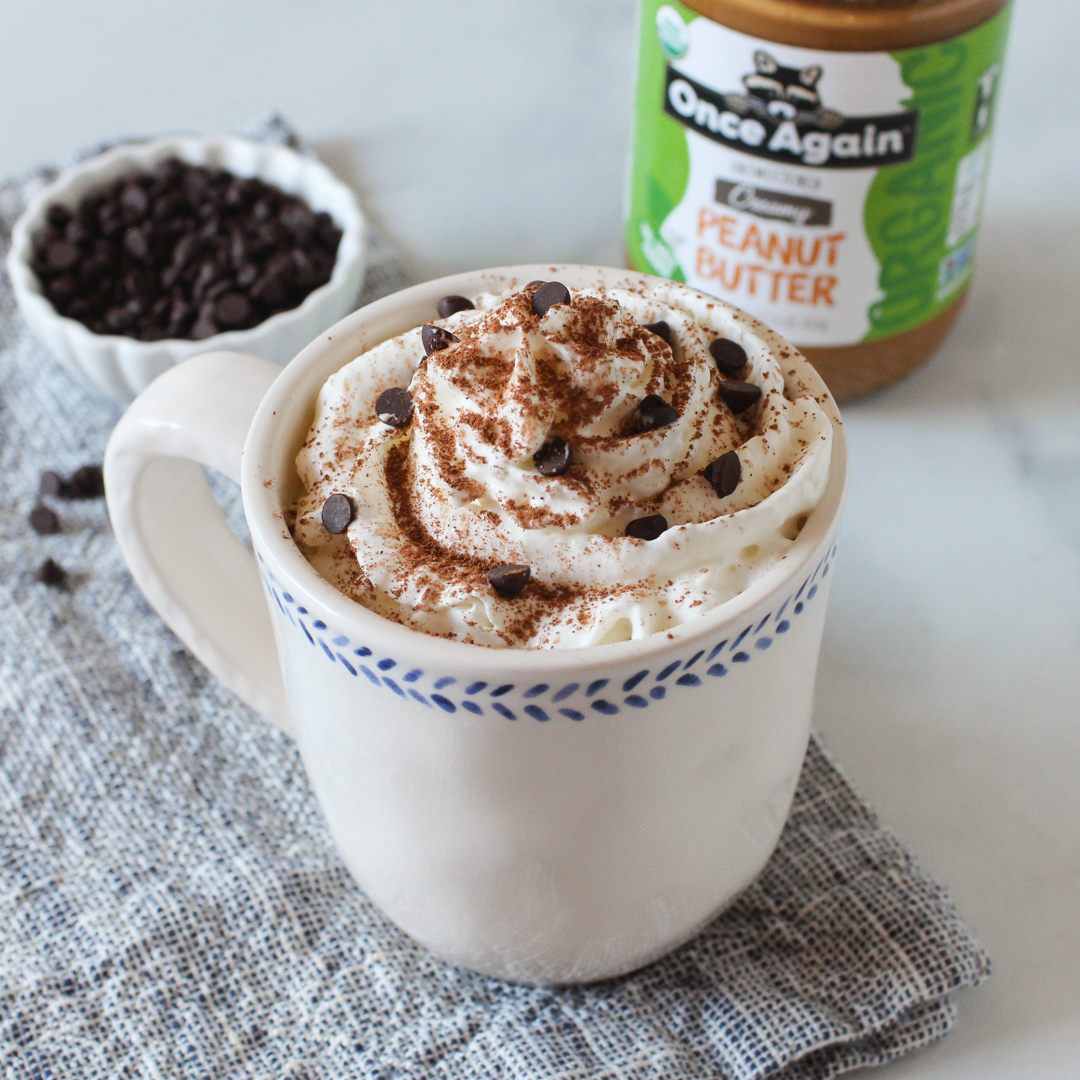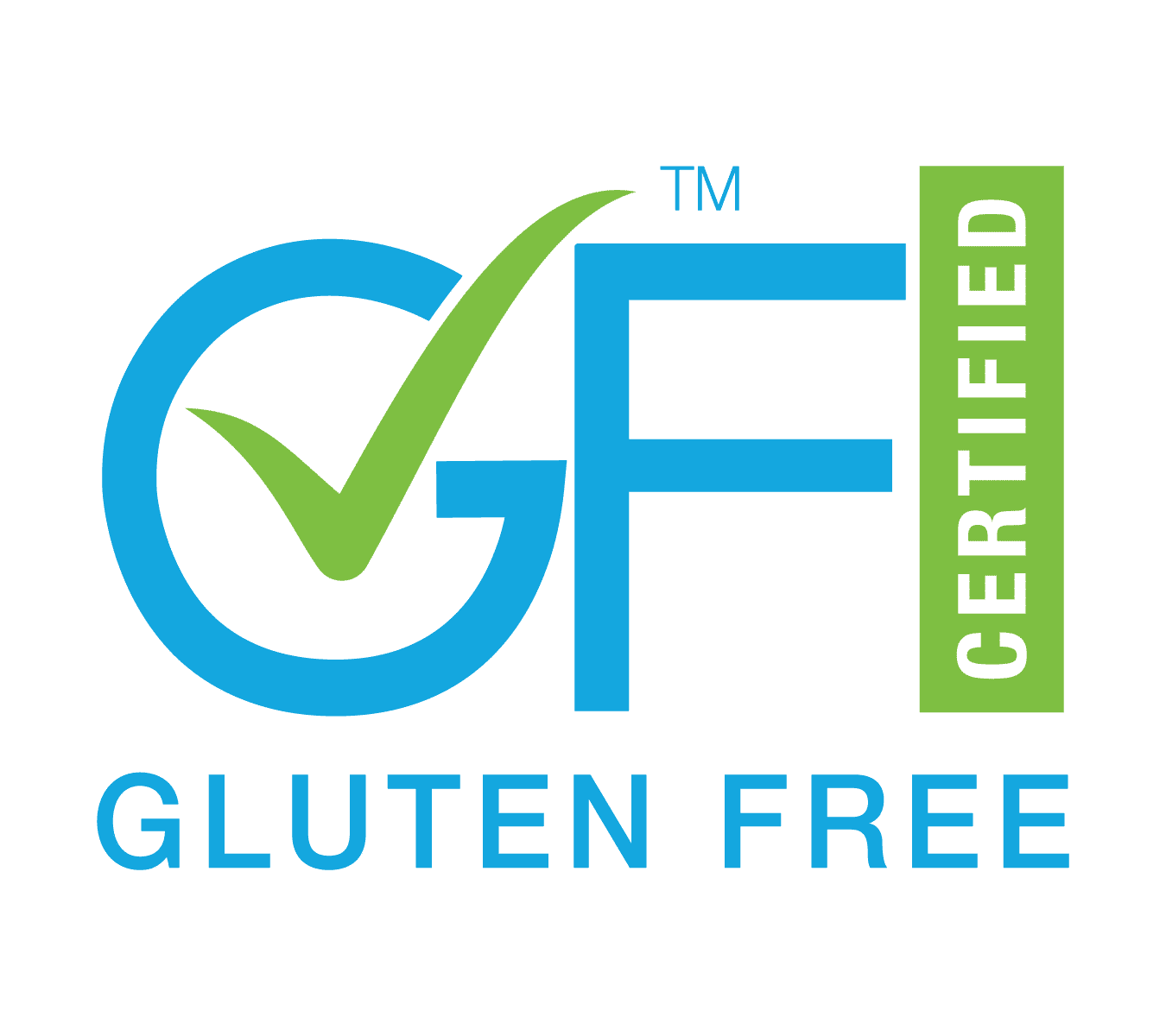- The first certified organic peanut butter that doesn't separate - no hydrogenated oils in this classic recipe. Our peanut butter is made by roasting and grinding blanched, dry roasted peanuts until they are wonderfully creamy.
- Packaged in a 9 lb plastic bucket to easily use for recipes, baking, smoothies, shakes and more! Equivalent to 9 jars.
- Contains peanuts with a touch of salt and organic sugar to bring out the exquisitely roasted flavor.
- Our peanuts are ethically sourced from Nicaragua, Argentina and the USA. This no stir recipe is stabilized using certified organic palm fruit oil, sourced from sustainable orchards
- USDA Organic, Non-GMO, Gluten free, Vegan, and Kosher Certified. No added preservatives
Shelf life: 18 months from the date of production. Once opened, we recommend a three month shelf life. We cannot guarantee product performance past the sell-by date as we do not add preservatives to our products.
Ingredients: Dry roasted blanched organic peanuts, organic palm fruit oil, organic sugar and salt.
Allergen Statement: Contains Peanuts. Produced in a Peanut-only facility.
Featured Peanut Butter Recipe

Peanut Butter Hot Cocoa - Nourish Your Mind with Right Foods for Stress Relief
See All Peanut Butter Recipes
FAQs
• Weight management
• Improved heart health
• Managing blood sugar levels
• Reduced risk for breast disease
• Improved muscle mass building
Each 2 tablespoons serving of peanut butter provides:
Protein. Peanut butter contains about 7 to 8 grams of plant-based protein per 2-tbsp serving. This counts toward the recommended dietary allowances (RDA) for women of 46 grams and 56 grams for men, which varies by age and activity level.
Magnesium. With about 57 milligrams of magnesium, each serving helps towards the RDA of 400–420 mg in men and 310–320 in women. Magnesium is essential for health, playing a role in over 300 chemical processes in the body.
Phosphorous. Each serving contains about 107 milligrams of phosphorus, which is about 15.3 percent of the RDA of 700mg for adults. Phosphorus helps the body to build healthy cells and bones and helps cells to produce energy.
Zinc. A serving of peanut butter provides about 0.8 mg of zinc. This is 7.7 percent of the recommended daily intake of 11 mg for men, and 10.6 percent of the RDA of 8 mg for women. Zinc is necessary for immunity, protein synthesis, and DNA formation.
Niacin. Peanut butter contains 4.21 mg of niacin per serving, which makes a useful contribution towards a person’s recommended intake of 14 to 16 mg. Niacin benefits digestion and nerve function and helps produce energy.
Vitamin B-6. With 0.17 g of vitamin B-6 per serving, peanut butter provides almost 14 percent of an adult’s RDA of 1.3 mg. Vitamin B-6 plays a role in over 100 enzyme reactions in the body and may be necessary for heart and immune system health.
Fiber. A serving of peanut butter provides 2 grams of fiber, contributing to the daily recommended of 25 to 30 grams. Fiber is beneficial in weight management, decreasing risk for diabetes type 2 and coronary artery disease by lowering cholesterol levels.
• Plant-based diet
• Gluten-free diet
• High protein diet
• Vegan and vegetarians
• Mediterranean diet









